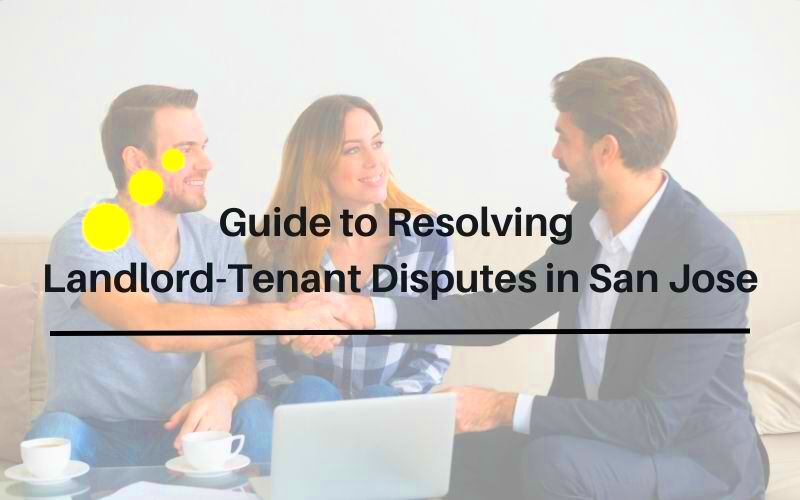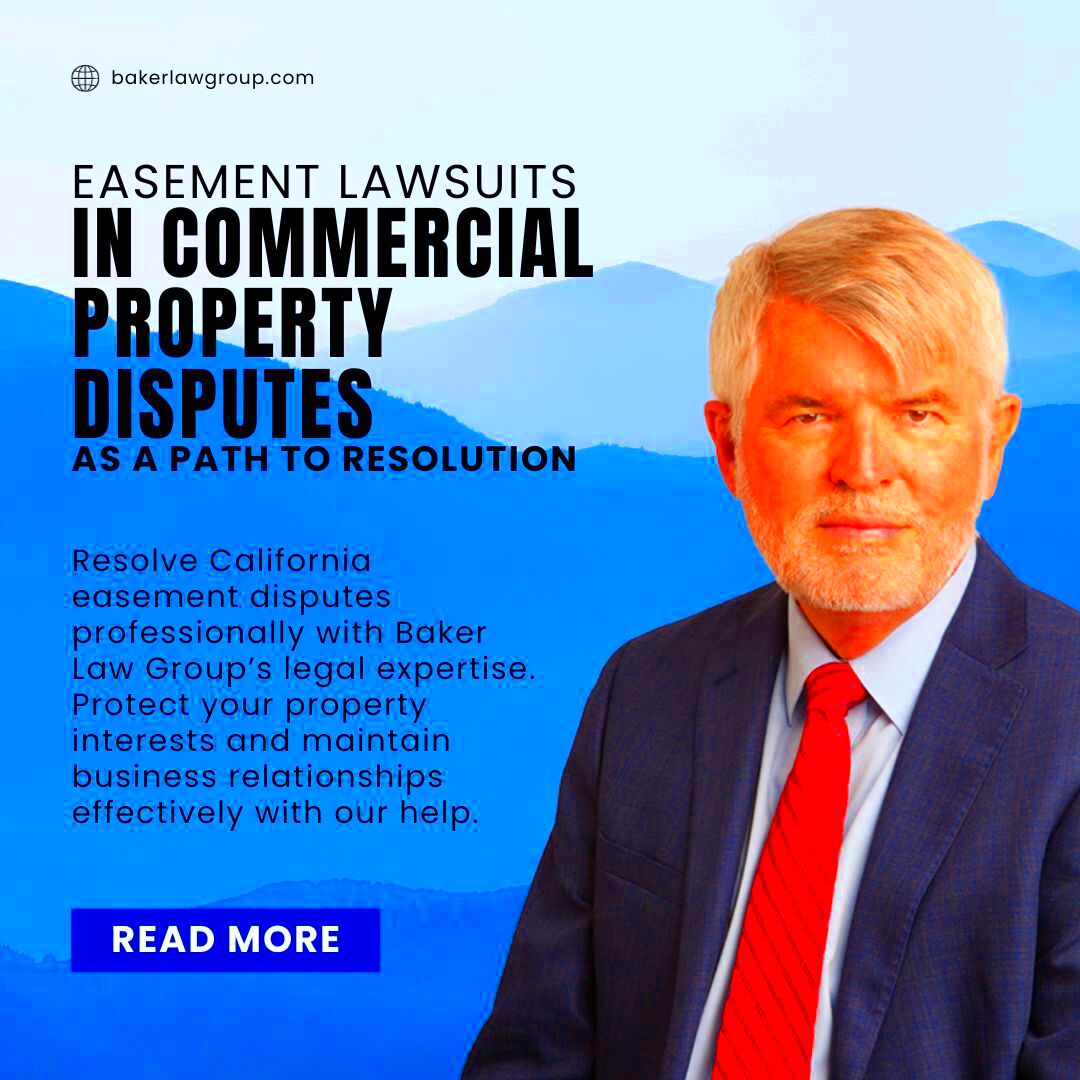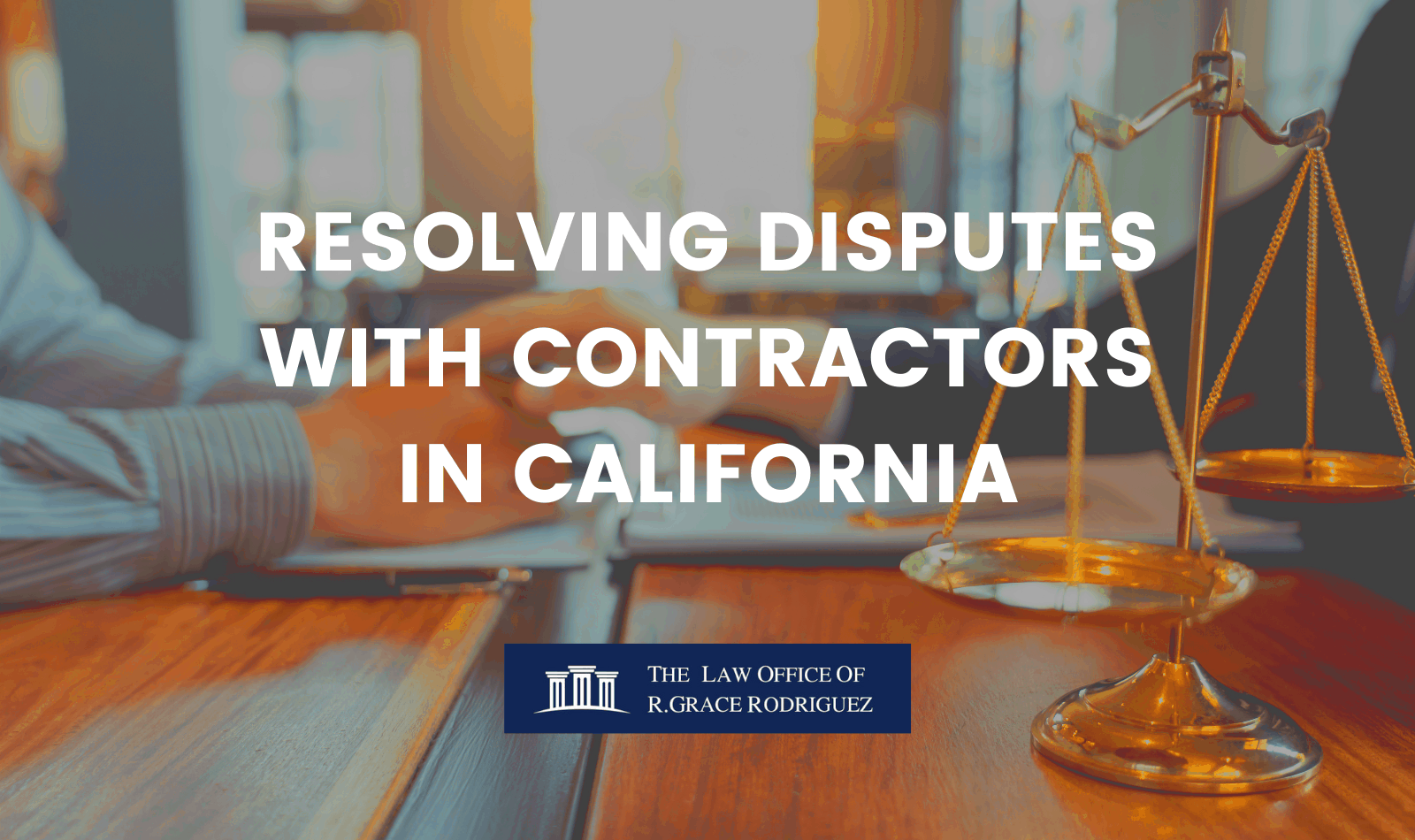Resolving Engagement Property Disputes in California
Engagement property disagreements can result in heavy emotional pain and economic discomfort for those involved. Usually, this type of conflict arises when couples decide to call off their engagements and need to split the property they acquired while together. Unlike divorce cases that have set laws regarding them, property during engagement might be more confused and complicated. Therefore it is important to comprehend the essence of these conflicts if one has to sort them out.
Usually, the property being considered could include:
- Engagement rings
- Shared gifts or items
- Joint investments or savings
- Property acquired together
When you think about it, the grief that comes with these possessions all too often creates issues of confusion around how to go about resolutions. Therefore, one must approach the issue with a sober mind and meticulousness.
Legal Framework Surrounding Engagement Property in California

The laws regarding disputes over engagement property in California are not clearly defined, which can lead to lack of clarity. Under the principle of “no-fault” divorce, California does not take into account reasons for marriage breakdown in property settlement. Nevertheless, in relation to engagement property, California may acknowledge “gift” concepts. A case in point is that engagement rings are often regarded as gifts and as such would not get divided if the engagement were to end abruptly.
Don’t forget to keep key legal concepts in mind, such as:
- Gift Doctrine: An engagement ring is often seen as a gift given in contemplation of marriage.
- Community Property: Any property acquired during the engagement might fall under community property laws if the couple marries.
- Intended Use: Courts may consider the intended use of the property when determining ownership.
By understanding these principles, individuals may navigate the complexities of engagement property disputes in California.
Common Causes of Engagement Property Disputes

A number of emotional and practical issues give rise to disagreements concerning engagement properties. The reasons behind such disputes include:
- Breakdown of Trust: Trust issues between partners can lead to disagreements about property ownership.
- Emotional Attachment: The sentimental value of gifts, particularly engagement rings, can complicate discussions about their return or ownership.
- Financial Contributions: Disputes may arise when one partner feels they contributed more financially to shared assets.
- Miscommunication: Poor communication regarding expectations and agreements can lead to misunderstandings and conflict.
- Legal Ambiguities: The lack of clear legal guidelines on engagement property can cause confusion and disagreements.
Competent distinct environment may be created for couples by these factors attempting to resolve the disputes amicably. However, if the underlying reasons are understood it could result into more fruitful dialogues which would enable reaching to an equitable conclusion.
Steps to Resolve Engagement Property Disputes

When it comes down to issues concerning engagement property disputes, a methodical approach will be of great benefit. The following are crucial steps that should be taken:
- Open Communication: Start by discussing the issue with your partner. Express your feelings and listen to theirs. Effective communication is key to understanding each other’s perspectives.
- Document Everything: Keep records of any gifts, shared expenses, and contributions made during the engagement. This documentation can help clarify ownership and intent.
- Identify the Disputed Property: Clearly outline what property is in question. Is it just the engagement ring, or are there other items or assets involved? Knowing the specifics can help focus the discussion.
- Explore Compromise: Be open to finding a middle ground. Maybe one party keeps the ring while the other receives a different valuable item. Compromise can help prevent further conflict.
- Seek Mediation: If discussions stall, consider involving a neutral third party. A mediator can facilitate conversation and help both parties reach an agreement.
It is advantageous for all concerned to resolve these conflicts happily as it brings a feeling of closure to both and allows a seamless movement to their next stations.
Mediation and Alternative Dispute Resolution Options

For the settlement of engagement property disputes mediation and alternative dispute resolution (ADR) are considered better. They are always less formal than court proceedings and they can result in faster as well as kinder resolutions. Below is a classification of the modalities available:
- Mediation: A mediator helps facilitate discussions between both parties, guiding them toward a mutually acceptable solution. It’s less confrontational and encourages cooperation.
- Arbitration: In arbitration, a neutral third party hears both sides and makes a binding decision. This option is more formal than mediation but usually quicker and less costly than litigation.
- Collaborative Law: Both parties and their attorneys work together to resolve the dispute without going to court. This method promotes transparency and cooperation.
By giving couples elusion on the decision, lessening upset and often keeping unions intact (important for future engagements) they are paying a huge debt of gratitude to these alternatives.
Involving Legal Assistance in Disputes
Inevitably, when everything else fails, legal options become the only paths one can take. They serve as your shields from the invasive hands of other people who wish to exploit your ignorance or even take advantage of you in life for no reason at all. But note these tips while you select one:
- Understanding Your Rights: A lawyer can help you understand the legal aspects of engagement property disputes and what you can realistically expect.
- Gathering Evidence: Legal assistance can help you compile necessary documentation, such as receipts, texts, or emails, that support your case.
- Navigating Mediation or Court: If mediation fails, a lawyer can represent you in court, presenting your case effectively and advocating for your interests.
- Emotional Support: Legal professionals can provide reassurance during a challenging time, helping you focus on finding a resolution rather than getting lost in the emotional turmoil.
Essentially important in reaching an equitable settlement to your engagement land conflict by enlisting legal aid appears like an intimidating task.
Preventing Future Engagement Property Disputes
Keeping away from disagreements about engagement property is how to keep good relationships and evade unwanted fights. Below are some preemptive measures you can take to reduce the likelihood of disputes occurring in the first place:
- Clear Communication: Talk openly with your partner about expectations regarding gifts, shared purchases, and property. Establishing clear communication from the start can help prevent misunderstandings.
- Document Agreements: When making significant purchases together, document any agreements in writing. This could include who contributed what and the intended ownership of the items.
- Discuss Finances Early: Have discussions about finances early in the relationship. Understanding each other’s financial situations can set a solid foundation for future decisions.
- Consider a Prenuptial Agreement: If you’re planning to get married, a prenuptial agreement can clearly outline property rights and expectations, protecting both parties’ interests.
- Maintain Transparency: Being open about changes in circumstances, such as financial difficulties or changes in feelings, can help address potential issues before they escalate.
These moves can create a safer and more trustful atmosphere leading to reduced contention and improved interpersonal ties.
Frequently Asked Questions about Engagement Property Disputes
Inquire about something that has been engaged in public domain. The informational notes just give an impression of what one might expect, even if it is not comprehensive:
- Who gets the engagement ring if the engagement is broken? In California, the engagement ring is usually considered a gift. If the engagement is called off, the ring typically goes back to the giver, unless there are other agreements.
- Can I claim shared property if we never married? Yes, if the property was acquired together, you may have a claim to it based on joint ownership or contributions made by both parties.
- What if we cannot agree on property distribution? If negotiations break down, mediation or legal assistance may be necessary to resolve the dispute.
- Are there legal consequences for withholding property? Yes, withholding property that you do not legally own can lead to legal disputes and potential consequences.
Understanding these frequent queries can assist people in dealing with the intricacies of ownership dispute more efficiently.
Conclusion on Resolving Engagement Property Disputes
“Engagement property disputes” can be closely linked with high emotions, and they are complex, however it’s true that a better understanding of the legal context, reasons and ways to settle them may make them less complicated. It is always good to have your head clear and be ready for negotiations while handling any form of dispute. You can do so by talking openly about things before going to court or involving a third party who will help you solve the problem. Remember that it’s not all about getting rid of this specific disagreement – what matters most is finding some sort of resolution which helps both parties go on with their lives.
Minimizing future quarrels is possible if you understand what is right and take precautionary measures. In the long run, a respectful attitude helps both sides to walk out of it with their heads held high, thereby enhancing favorable relations for tomorrow Mané.


